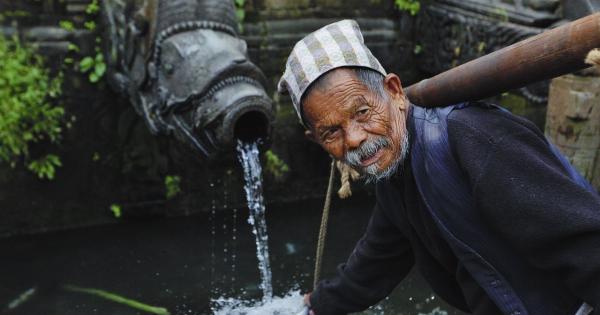A recent study has revealed that more than four million children are diagnosed with asthma every year as a direct result of car emissions.
Although it is common knowledge that air pollution is damaging for our health, the extent to which it affects us is sometimes overlooked. However, this study highlights the severity of this issue and the need for action to be taken to reduce emissions and protect the health of children.
The Study
The study, which was conducted by the Barcelona Institute for Global Health, found that one in ten cases of childhood asthma could be attributed to traffic pollution.
This equates to over four million cases worldwide every year, with the majority of cases occurring in urban areas.
Researchers analysed the data of 65 million children under the age of 18 from across 194 countries.
They found that children who are exposed to high levels of pollution, both inside and outside of the home, are more likely to develop asthma and other respiratory illnesses.
The study also found that children living in poorer areas are more likely to be exposed to higher levels of pollution, as these areas often have more traffic and less green space.
This means that children from lower socio-economic backgrounds are at a greater risk of developing asthma, further highlighting the issue of inequality.
The Long-Term Effects
Asthma is a lifelong condition that affects the airways, making it difficult to breathe.
Although the symptoms of asthma can be managed through medication and lifestyle changes, it is a chronic condition that can have a significant impact on quality of life.
Children with asthma may experience frequent coughing, wheezing, and difficulty breathing, which can limit their ability to participate in physical activity and affect their social lives.
Long-term exposure to air pollution can also lead to other respiratory illnesses, such as chronic obstructive pulmonary disease (COPD), and increase the risk of heart disease and stroke later in life.
The Need for Action
The findings of this study highlight the urgent need for action to be taken to reduce air pollution.
Governments around the world need to take responsibility for the health of their citizens and implement strategies to reduce emissions from vehicles and industry.
Individuals can also play a role in reducing air pollution by choosing to walk, cycle, or use public transport instead of driving. Planting trees and supporting green spaces in our communities can also help to reduce pollution and improve air quality.
Reducing air pollution is not only vital for protecting the health of individuals, but it is also essential for preserving the planet for future generations.
As we move towards a more sustainable future, it is important that we take action to reduce emissions and ensure that our air is clean and healthy for all.
Conclusion
The results of this study are shocking but not surprising. Air pollution is a serious issue that affects us all, but it is particularly damaging for the health of children.
Governments, industry, and individuals all have a role to play in reducing emissions and protecting the health of our communities.






























